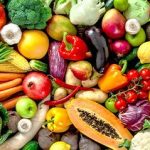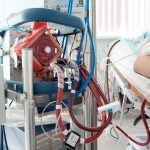
If you are a new mom struggling with postpartum depression, taking antidepressants known as selective serotonin reuptake inhibitors (SSRIs) may also bear benefits for your child’s development. That’s according to new research that found the medications were associated with improvements in a child’s behavior up to five years after birth. Researchers from the Institute of Psychiatry, Psychology & Neuroscience at King’s College London collaborated with their counterparts at the University of Oslo in Norway, analyzing data on more than 61,000 mothers and their children who were recruited during pregnancy from the Norwegian Mother, Father and Child Cohort Study. Among the findings were reductions in child behavioral difficulties, such as conduct problems; attention-deficit/hyperactivity disorder (ADHD) symptoms; and maternal depression. This also led to improved satisfaction in partner relationships. “Postnatal depression is a common psychiatric disorder that affects 10 to 15% of women in the first year after childbirth. In the U.K., however, only 3% of women with postnatal depression receive SSRI treatment. This is likely due to a lack of awareness of postnatal depression, alongside concerns about the long-term impact that taking antidepressant medications in the postnatal period may have on child outcomes,” said study first author Dr. Kate Liu, a research associate at the institute. “Our study found no evidence suggesting that postnatal SSRI treatment conferred an increased risk for child development,” she added in… read on > read on >



























-300x200.jpg)










